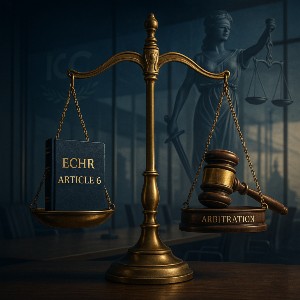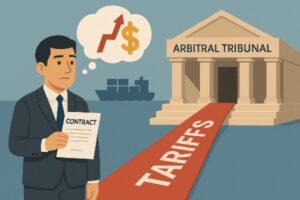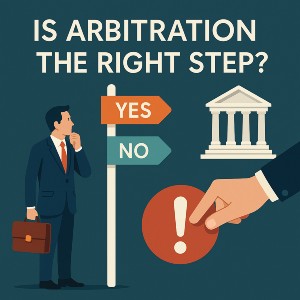The notion of a “fair trial” is a fundamental principle in both public international law and domestic legal systems. Instruments like the European Convention on Human Rights (“ECHR”) guarantee this right by requiring that individuals have access to an independent and impartial tribunal, a meaningful opportunity to present their case, and a reasoned decision within […]
News
International Arbitration in Saudi Arabia: A Rising Hub in the Middle East
In recent years, Saudi Arabia has emerged as a leading jurisdiction in the Middle East for international arbitration. Driven by its Vision 2030 economic diversification agenda, the Kingdom has undertaken significant legal and institutional reforms aimed at fostering an arbitration-friendly environment aligned with global best practices. This article provides an overview of the legal framework, […]
Investor, National, or Both? Dual Nationality in Treaty Disputes
In recent years, increasing global mobility has driven a rise in dual nationality cases in investment treaty arbitration, posing significant challenges to the investment treaty regime, which relies on the principle of nationality. This principle seeks to prevent individuals from bringing claims against their own State, thereby maintaining a clear distinction between foreign and domestic […]
Global Supply Chains, Tariffs and the Role of International Arbitration
The use of international arbitration for tariff-related disputes is becoming increasingly relevant as the Trump administration’s tariffs disrupt global supply chains, trigger commercial instability, and generate a wave of cross-border conflicts. Trump’s Tariff Policy and the Disruption of International Supply Chains Tariffs are defined as customs duties on merchandise imports.[1] They are often used to […]
Criminal Liability of Arbitrators
Arbitration is a widely used method of resolving commercial and investment disputes globally, valued for its neutrality, confidentiality, and procedural flexibility. Arbitrators play a key role in this system, with their integrity, independence, and competence being essential to the arbitral process. Nonetheless, with this authority comes responsibility. Arbitrators are generally protected from civil suits under […]
Data Protection in International Arbitration
In an era where data is a new form of currency, safeguarding sensitive information is an essential consideration in international arbitration. At the same time, data protection laws of the world have rapidly expanded in scope to the point that, according to Gonçalves and Brancher, “there is no area of law that is not impacted […]
Aceris Law Ranked Among the Best International Arbitration Law Firms in 2025
Aceris Law LLC is proud to share that Leaders League has once again recognized it as one of the world’s leading firms in the field of international arbitration. Leaders League is a respected global agency that evaluates top legal professionals across numerous jurisdictions and areas of practice. This recognition follows the firm’s inclusion in the […]
Arbitrations Involving International Organisations
It is widely acknowledged that international organisations proliferated in the aftermath of World War II,[1] although preliminary forms had existed earlier.[2] Major international organisations are universally recognised. These include the United Nations (UN), the United Nations Educational, Scientific and Cultural Organisation (UNESCO), the World Trade Organisation (WTO), the World Bank, the International Monetary Fund (IMF), […]
Before Commencing Arbitration: Six Critical Questions to Ask
Arbitration offers an alternative to going to court, allowing disputes to be resolved privately by one or more arbitrators chosen by the parties. It is often preferred for its confidentiality, speed, and the ability to appoint experts in complex or technical matters. It is also widely used for resolving cross-border disputes involving parties from different […]








